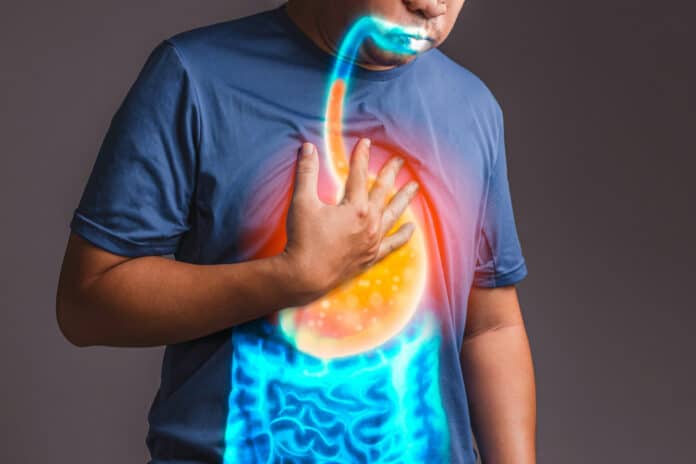Researchers have found critical medical breakthroughs by studying families prone to certain diseases, like heart attacks. Researchers at Case Western Reserve University have discovered a gene mutation that runs in families and is connected to a deadly cancer called esophageal adenocarcinoma, which affects the food pipe.
Kishore Guda, an associate professor at the Case Western Reserve School of Medicine and member of the Case Comprehensive Cancer Center, said, “With this discovery, we will be able to identify early those at a high risk of developing EAC in their lifetime, and accordingly tailor screening, lifestyle and treatment strategies to prevent cancer development.”
Guda and Amitabh Chak, a professor at the School of Medicine and a doctor at University Hospitals Cleveland Medical Center, conducted a study published in Gastroenterology. Their earlier research revealed that as many as 10% of patients with esophageal adenocarcinoma (EAC) or Barrett’s esophagus (a condition before EAC) have a family member who also has the disease, hinting at a possible genetic link.
Researchers have just now been able to understand the molecules causing esophageal adenocarcinoma (EAC). By studying families with EAC, they pinpointed a crucial gene, Caveolin-3 (CAV3), responsible for its development. CAV3 is a part of cells that manage various proteins, helping cells work properly. However, its exact role in the esophagus, especially regarding EAC, was unclear.
They discovered that CAV3 is usually found in special cells called mucosal glands beneath the esophagus’s surface using molecular techniques and human and animal tissues. When the esophagus gets injured, these CAV3-containing cells move up to repair it. However, in families with CAV3 mutations, this repair function is impaired.
Implications:
- The discovery has important implications, suggesting that esophageal mucosal glands, where CAV3 is found, play a crucial role in healing injured esophagi.
- Inherited defects in the CAV3 gene can hinder proper esophageal healing, increasing the risk of developing esophageal adenocarcinoma (EAC).
- This finding is particularly relevant for individuals with chronic heartburn, as stomach acid and bile can injure the lower esophagus. If the injury isn’t repaired and healed, it can raise the risk of EAC.
Upcoming Research:
- Future research will involve screening more families for genetic defects in CAV3 or other Caveolin genes.
- The scientists aim to understand how CAV3 contributes to esophageal healing and develop strategies to restore normal function in defective esophageal mucosal glands to reduce cancer risk.
- They also plan to enhance the effectiveness of ablative therapy, which uses extreme temperatures to destroy abnormal tissue or tumors.
Chak said, “There could be several reasons normal cells become cancerous. By studying familial clusters of the disease, we identify the dangerous roads that lead to cancer so effective screening and intervention strategies can be implemented to prevent the disease before it even begins.”
Journal Reference:
- Katherine S. Garman, Biswa P.D. Purkayastha et al., Genetic Defect in Submucosal Gland–Associated Caveolin-3: A New Paradigm in Esophageal Adenocarcinoma Risk. Journal of Gastroenterology. DOI: 10.1053/j.gastro.2023.08.039.
